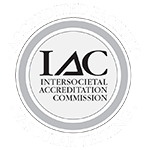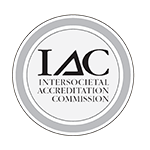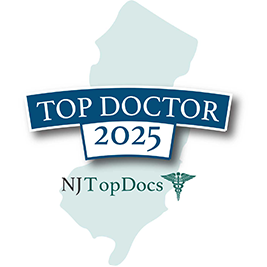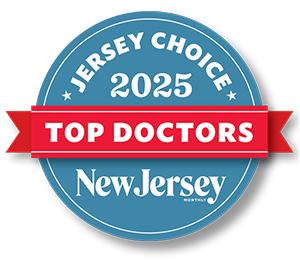
Vein issues are a common concern that can affect people of all ages and walks of life. From varicose veins to deep vein thrombosis (DVT), these problems can range from benign and unsightly to potentially life-threatening.
While lifestyle factors like obesity and inactivity often take center stage in discussions about vein disease, genetics plays a crucial role that's often overlooked. In this blog post, we'll explore the fascinating correlation between genetics and vein issues and understand why they often run in families.
The Vein System: A Brief Overview
Before we delve into genetics, it's essential to understand the vein system. Veins are responsible for transporting deoxygenated blood from various parts of the body back to the heart. When these veins experience problems, it can lead to a range of issues, including:
- Varicose Veins: Twisted and enlarged veins, usually in the legs, which can cause discomfort, pain, and aesthetic concerns.
- Deep Vein Thrombosis (DVT): Blood clot formation in deep veins, which can lead to potentially life-threatening conditions, such as pulmonary embolism.
- Chronic Venous Insufficiency (CVI): Impaired blood flow in the leg veins, causing swelling, skin changes, and ulcers.
- Spider Veins: Small, dilated blood vessels near the skin's surface, usually a cosmetic concern.
The Role of Genetics
Research has shown that genetics play a significant role in the development of vein issues. If you have a family history of vein problems, your risk of developing them is higher. This genetic predisposition can manifest in several ways:
- Weak Vein Valves: Some individuals inherit weakened or faulty vein valves, which can't effectively pump blood back to the heart. This leads to blood pooling in the veins, causing CVI and varicose veins.
- Blood Clotting Disorders: Genetic factors can also affect how the blood clots, increasing the risk of DVT. Conditions like Factor V Leiden mutation and Prothrombin gene mutation can be passed down through families.
- Collagen Abnormalities: Collagen is an essential component of vein walls. Genetic mutations can lead to structural abnormalities in collagen, making veins more susceptible to damage, resulting in varicose veins.
- Familial History: The strongest evidence for a genetic link to vein issues is often a family history of these conditions. If your parents or siblings have had vein problems, your risk increases significantly.
Prevention and Treatment
Understanding the genetic component of vein issues doesn't mean you're destined to develop them if they run in your family. There are still various preventive measures and treatments available to manage vein issues effectively:
- Lifestyle Choices: Maintaining a healthy weight, staying active, and avoiding prolonged periods of sitting or standing can help reduce the risk of developing vein issues.
- Compression Stockings: These special stockings can help improve blood flow in your legs and alleviate symptoms of vein issues.
- Medications: In cases of DVT or blood clotting disorders, medications like anticoagulants may be prescribed to prevent or treat clots.
- Minimally Invasive Procedures: Various minimally invasive treatments are available for varicose veins and other vein issues, such as EndoVenous Laser Therapy (EVLT), Radiofrequency ablation, and sclerotherapy.
In the realm of vein issues, genetics and lifestyle factors often intersect. While you may be genetically predisposed to certain vein problems, your lifestyle choices can either mitigate or exacerbate these risks. Knowing your family's medical history can be a crucial step in identifying your vulnerability to vein issues. If you're concerned about your risk or are experiencing vein-related symptoms, consult with one of our healthcare professionals at the Vein Institute of New Jersey at The Cardiovascular Care Group. A comprehensive approach that considers both genetic and environmental factors is the best way to prevent, manage, and treat vein issues effectively.








_2.jpg)